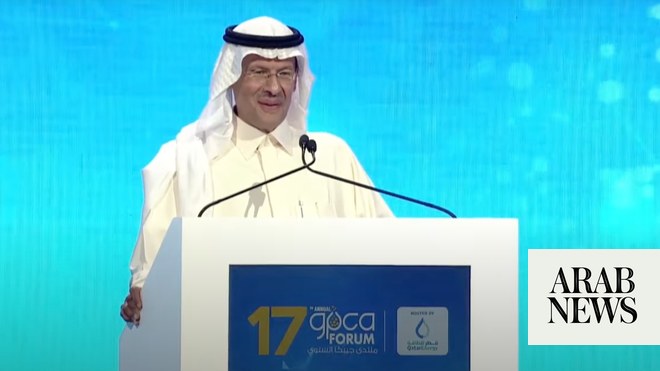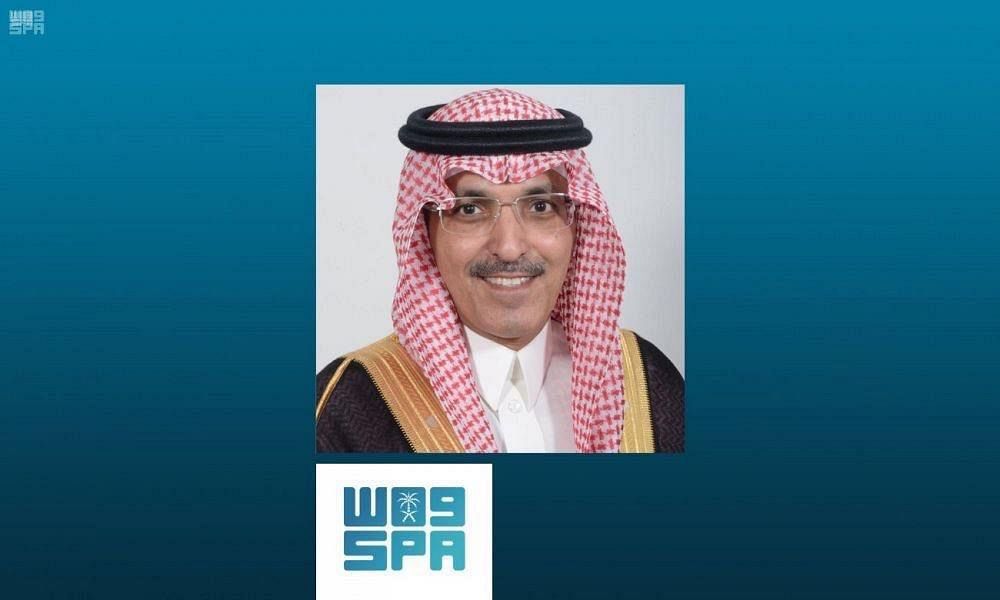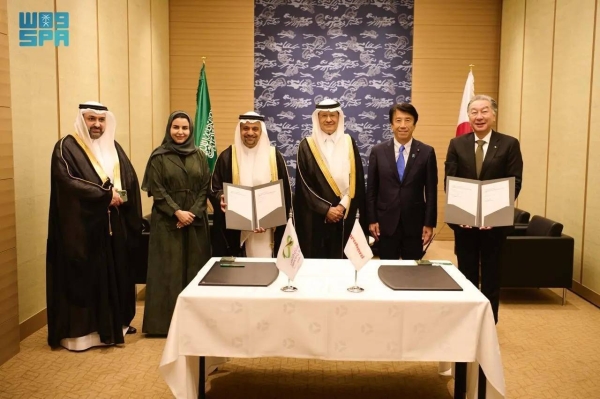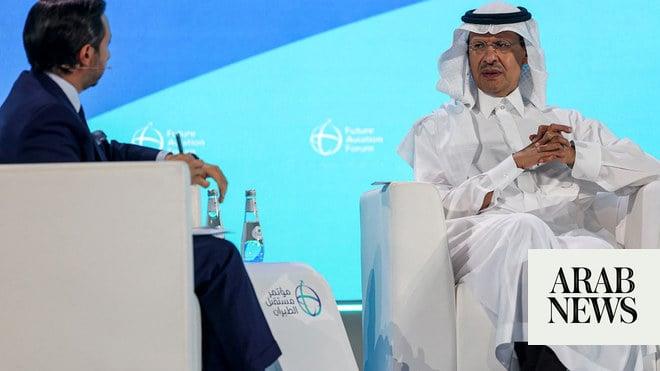
RIYADH: Stressing the key role of the petrochemical industry in the fight against climate change, the Saudi energy minister disclosed the Kingdom’s plan to build a carbon dioxide utilization hub to produce low-carbon chemicals.
Prince Abdulaziz bin Salman was speaking at the 17th Annual Gulf Petrochemicals and Chemicals Association Forum in the Qatari capital on Sunday. He said the petrochemical sector has a crucial role to play in the global campaign to reduce greenhouse gas emissions.
Prominent industry leaders attended the forum titled “Using chemistry to achieve impactful transformation” and advocated the use of sustainable practices in the oil and gas sector.
The Saudi minister affirmed the Kingdom’s commitment to preserving cultural heritage while embracing positive changes.
“We’re not going to change our beliefs, we would not change our pride, of our history, of our culture, but I’m sure what we are trying to do with all of our visions is to make sure that the generations to come will be proud as we are today proud of ourselves,” he said.
“We envision (that) the (carbon utilization) hub will maximize value for carbon dioxide and enable new green industry in the Kingdom’s clean energy economy,” Prince Abdulaziz added.
He also expressed pride in the Kingdom’s success in converting oil derived from plastic waste into certified circular polymers, marking a first in the Middle East and North Africa through collaboration between Saudi Aramco, SABIC, and Total Energies.
Prince Abdulaziz also revealed plans for a minimum of four projects to be launched in the upcoming years, specifically emphasizing liquid-to-chemical processes.
SABIC CEO Abdulrahman Al-Fageeh emphasized the journey of the forum, a testament to a vision combining entrepreneurial spirit with industry knowledge inherited across generations.
Al-Fageeh acknowledged geopolitical risks and uncertainties but urged resilience and the discovery of new avenues for growth, underscoring chemistry as a solution provider to global challenges.
Saad Sherida Al-Kaabi, CEO of Qatar Petroleum, stressed the need for a meaningful and realistic transition, urging a common understanding of achievable goals.
He highlighted three essential areas, which include greater investment in energy efficiency and low carbon innovation, political commitment through coordinated policies, and raising awareness about the crucial role the chemical industry plays in improving lives worldwide.
Al-Kaabi concluded with a call for collective action to challenge the status quo and contribute to a better tomorrow.
The GPCA represents the downstream hydrocarbon industry in the Arabian Gulf.
Established in 2006, the association voices the common interests of more than 250 member companies from the chemical and allied industries, accounting for over 95 percent of chemical output in the Arabian Gulf region.
The industry makes up the second-largest manufacturing sector in the region, producing over $108 billion worth of products a year.
The association supports the region’s petrochemical and chemical industry through advocacy, networking, and thought leadership initiatives that help member companies to connect, share and advance knowledge, contribute to international dialogue and become prime influencers in shaping the future of the global petrochemicals industry.












